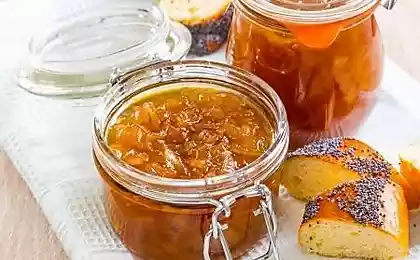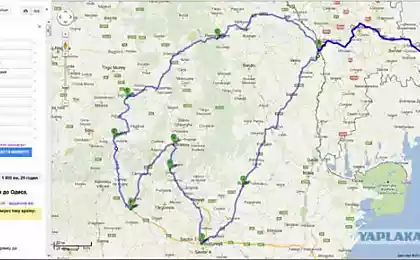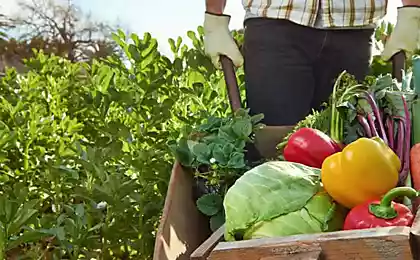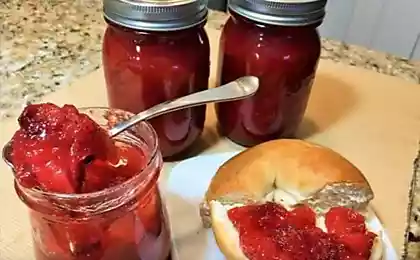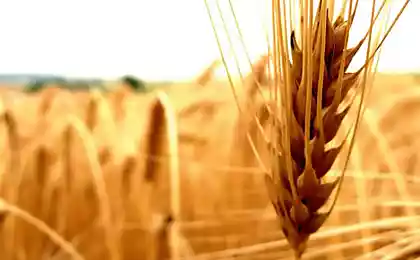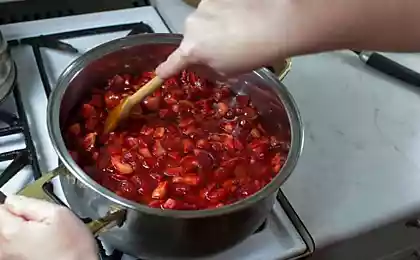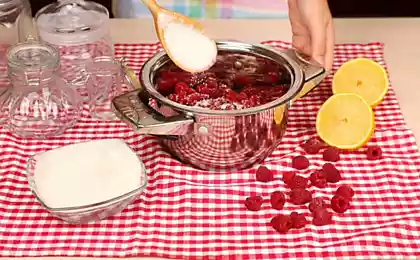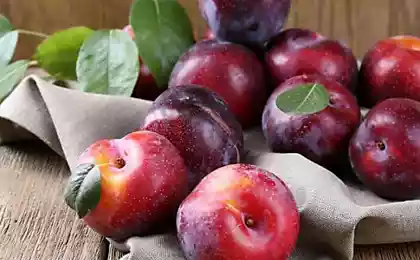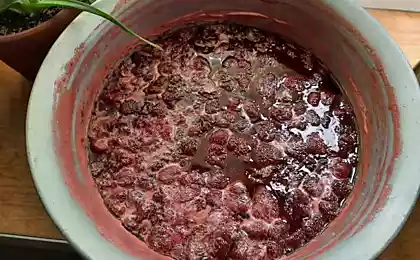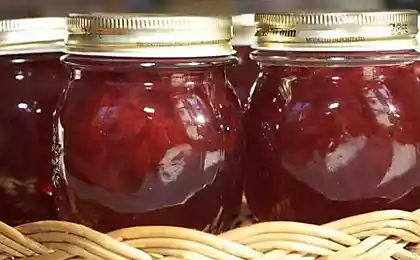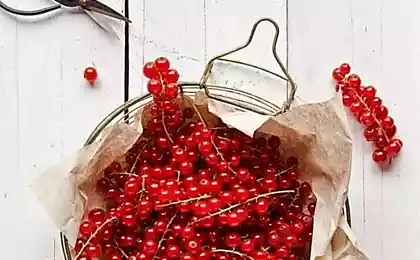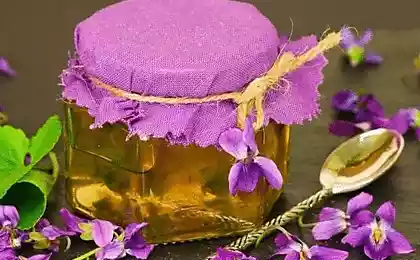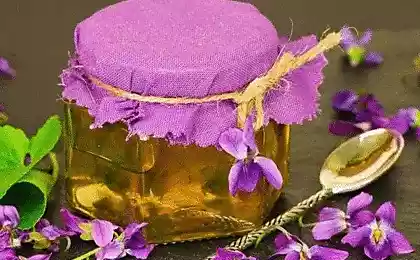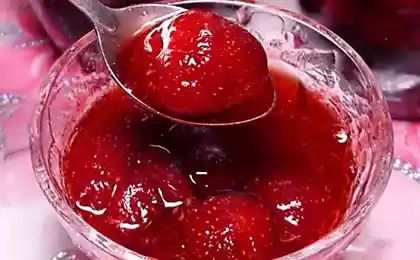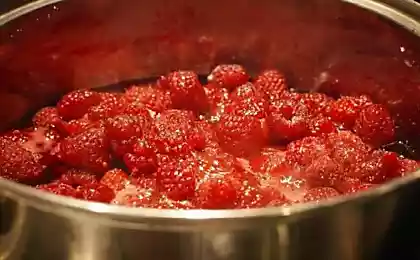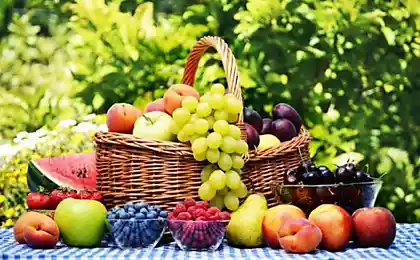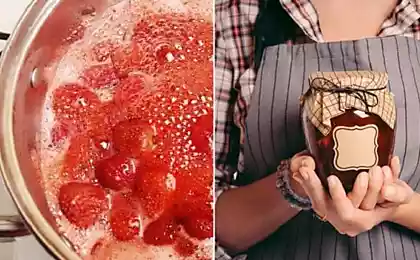477
On the eco farm in Romania foreigners are taught to cook rose jam
A few years ago, Dan Cismas worked in a regular school district mureş. Today, he manages the farm size is 45 ha, on which grows, according to the latest organic agricultural technology, everything from roses to jam to vegetables, and medicinal plants to fruit trees, and which serves as a source of inspiration to others. On the organic garden in the Copa young people come from abroad to complete the training courses on organic agriculture. And here is the delicacy, redolent of long-forgotten scents – rose jam.
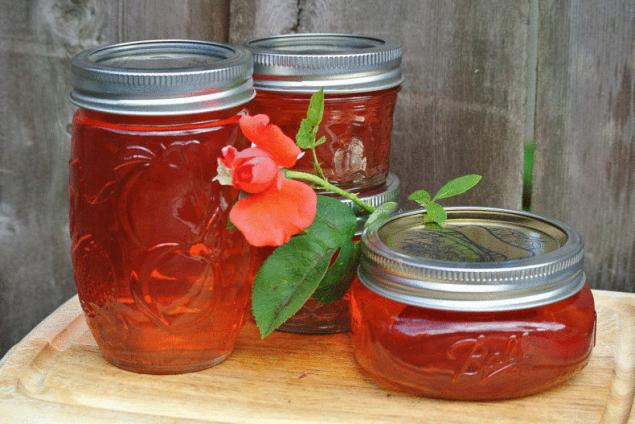
It all started with the fact that the family Cismas took over the project, started many years ago in high school from C. Battle, County Mures. "We are very pleased to have coped with this challenge especially difficult for people who have never engaged in agriculture, and especially organic," says Dan Cismas who cultivates land together with his wife, four children and sister-in-law. Occasionally they get help from abroad, such as now, when Copy in greenhouses and on rose gardens working student from Germany, who came to Romania for five weeks to learn organic farming on their farm.
"The sweets that cause the ADHD syndrome, attention deficit disorder and hyperactivity, it is easy to find in the shops of Romania. And few parents realize that additives present in the jelly, make children aggressive... " As a school project became traditional, attracting foreigners to Romania
Initially the project implied the cultivation of rose bushes on a plot of about 5,000 sqm, located in the village of Battle and the expansion of plantings in the village of Topa, Danesh and Krish. The idea belonged to the Director of schools S. Battle – Nicholas, Suciu, and roses were planted in 2002 with the support of members of the Fund for the environment and culture of Mediaş.
"At the same time in S. Danesh was built and the Creamery, which was to handle the rose petals to obtain cosmetic perfume oils," explains Cismas.
Photo: a group of German students of the faculty of agriculture from Meckleburg who visited the farm Copa, next to the teachers.
Two years later from the original plan departed. "In 2004, also in school, had the idea to build an ecological farm with the aim to give local kids access to useful information and to arouse interest in the cultivation of roses," he added.
The project "Children of Battle" received funding in the amount of 100,000 euros from Germany. "Initially the project was managed by the members of the Foundation during this time was to connect young people wishing to learn the principles of biodynamic agriculture. Unfortunately, the project did not materialize as planned, and three years later the Foundation decided to give to his family, which continued its development," says the farmer from Mures.
Thus, in 2009, the family Cismas rented a farm, which today has become a favorite place for visiting foreigners interested in the principles of organic farming.
"At that time I was working as a labourer in the school of Battle, and saw and understood the concerns of the Director of Suciu about education and interest in children. I got involved and put a lot of effort for the development of the farm, and later my family decided to take also control of the farm," explains Dan Cismas.
Rose Topa – eco-jam or healthy tea
Dan Cismas with his wife Tincuta made jam from roses under the label "bio", which hits the shelves at the price of 8 Romanian lei for 200 ml jar.
Rose petals are also dried and sold as tea alone or in combination with medicinal plants, such as buckthorn. It is made from the petals and also pink salt, all products are certified under the brand "eco".
In addition to roses, the family Cismas grow in the greenhouse area of 500 square meters and a vegetables. In total, the farm is treated with 45 hectares of land of which 30 ha of pasture and meadows with the usual meadow vegetation, and 15 hectares of arable land, all sites received environmental certificates or are in the process of obtaining them. On arable land are cultivated grasses, corn, wheat, and fruit trees, or rather Apple, pear and plum.
"We are very pleased that their activities distributed such a beautiful and generous idea – the idea of joint work and creativity" says Dan Cismas, who among other things was engaged in farming and manufactures cheese, cheese, cheese and sour cream.
What is organic farming actually
In OZ it is prohibited to use GMOs, fertilizers and synthetic pesticides, stimulators and growth regulators. Farmers are not allowed to use any hormones or antibiotics.
Eco production is strictly regulated the use of additives, auxiliary and synthetic substances.
"Organic agriculture is one of the pillars of sustainable development, increasing economic activities with significant added value and contributes to the manifestation of interest in the countryside," says the Ministry of agriculture.
Any buyer using labels to distinguish an eco-friendly product from the usual. On the labels of organic products must be international brand "AE", characteristic of the entire eco-products, brand and product public consumption of the EU.
Source: www.ecology.md

It all started with the fact that the family Cismas took over the project, started many years ago in high school from C. Battle, County Mures. "We are very pleased to have coped with this challenge especially difficult for people who have never engaged in agriculture, and especially organic," says Dan Cismas who cultivates land together with his wife, four children and sister-in-law. Occasionally they get help from abroad, such as now, when Copy in greenhouses and on rose gardens working student from Germany, who came to Romania for five weeks to learn organic farming on their farm.
"The sweets that cause the ADHD syndrome, attention deficit disorder and hyperactivity, it is easy to find in the shops of Romania. And few parents realize that additives present in the jelly, make children aggressive... " As a school project became traditional, attracting foreigners to Romania
Initially the project implied the cultivation of rose bushes on a plot of about 5,000 sqm, located in the village of Battle and the expansion of plantings in the village of Topa, Danesh and Krish. The idea belonged to the Director of schools S. Battle – Nicholas, Suciu, and roses were planted in 2002 with the support of members of the Fund for the environment and culture of Mediaş.
"At the same time in S. Danesh was built and the Creamery, which was to handle the rose petals to obtain cosmetic perfume oils," explains Cismas.
Photo: a group of German students of the faculty of agriculture from Meckleburg who visited the farm Copa, next to the teachers.
Two years later from the original plan departed. "In 2004, also in school, had the idea to build an ecological farm with the aim to give local kids access to useful information and to arouse interest in the cultivation of roses," he added.
The project "Children of Battle" received funding in the amount of 100,000 euros from Germany. "Initially the project was managed by the members of the Foundation during this time was to connect young people wishing to learn the principles of biodynamic agriculture. Unfortunately, the project did not materialize as planned, and three years later the Foundation decided to give to his family, which continued its development," says the farmer from Mures.
Thus, in 2009, the family Cismas rented a farm, which today has become a favorite place for visiting foreigners interested in the principles of organic farming.
"At that time I was working as a labourer in the school of Battle, and saw and understood the concerns of the Director of Suciu about education and interest in children. I got involved and put a lot of effort for the development of the farm, and later my family decided to take also control of the farm," explains Dan Cismas.
Rose Topa – eco-jam or healthy tea
Dan Cismas with his wife Tincuta made jam from roses under the label "bio", which hits the shelves at the price of 8 Romanian lei for 200 ml jar.
Rose petals are also dried and sold as tea alone or in combination with medicinal plants, such as buckthorn. It is made from the petals and also pink salt, all products are certified under the brand "eco".
In addition to roses, the family Cismas grow in the greenhouse area of 500 square meters and a vegetables. In total, the farm is treated with 45 hectares of land of which 30 ha of pasture and meadows with the usual meadow vegetation, and 15 hectares of arable land, all sites received environmental certificates or are in the process of obtaining them. On arable land are cultivated grasses, corn, wheat, and fruit trees, or rather Apple, pear and plum.
"We are very pleased that their activities distributed such a beautiful and generous idea – the idea of joint work and creativity" says Dan Cismas, who among other things was engaged in farming and manufactures cheese, cheese, cheese and sour cream.
What is organic farming actually
In OZ it is prohibited to use GMOs, fertilizers and synthetic pesticides, stimulators and growth regulators. Farmers are not allowed to use any hormones or antibiotics.
Eco production is strictly regulated the use of additives, auxiliary and synthetic substances.
"Organic agriculture is one of the pillars of sustainable development, increasing economic activities with significant added value and contributes to the manifestation of interest in the countryside," says the Ministry of agriculture.
Any buyer using labels to distinguish an eco-friendly product from the usual. On the labels of organic products must be international brand "AE", characteristic of the entire eco-products, brand and product public consumption of the EU.
Source: www.ecology.md
In the UK, an increasing number of patients with melanoma among older men
people who write with the left hand, have a hormonal imbalance

